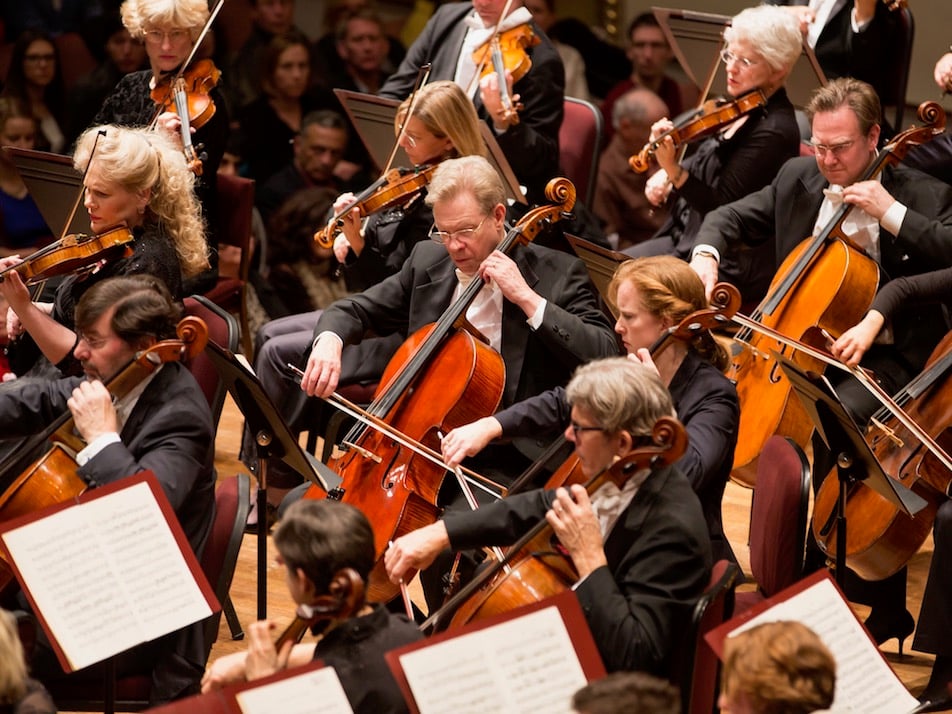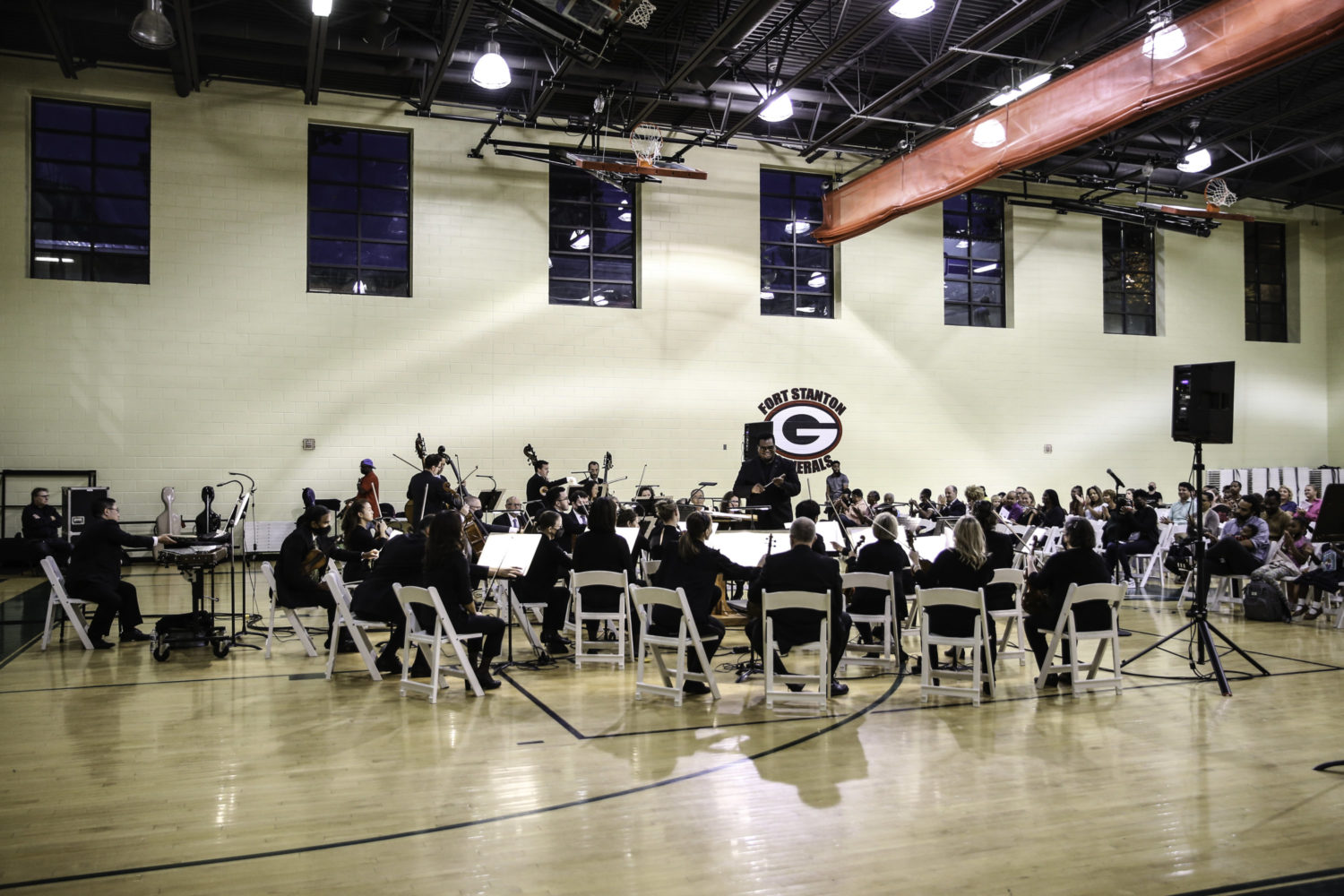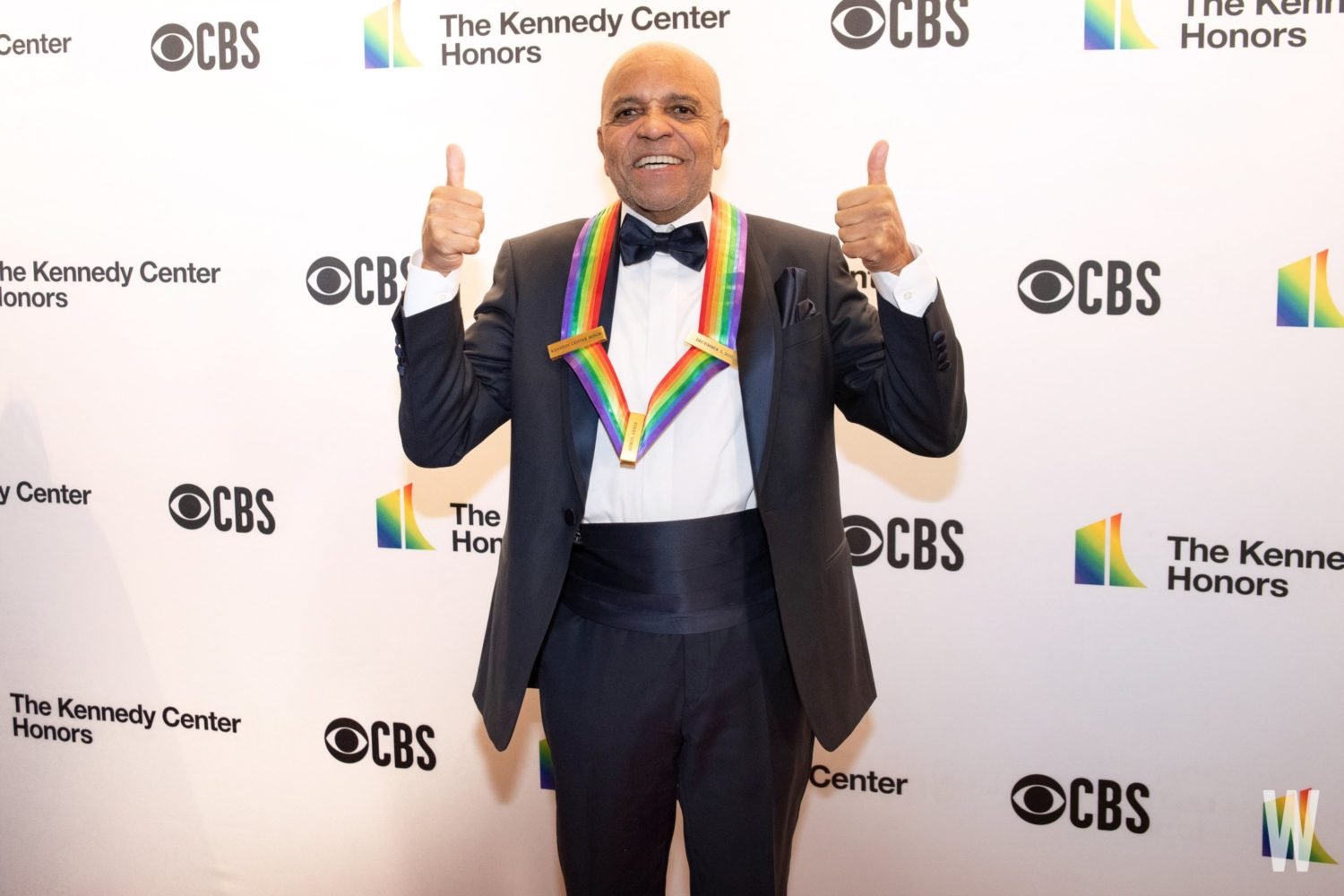The Kennedy Center announced today that it will expand its social-impact work with eight new long-term initiatives, which the organization says will “support the nation’s cultural center as an anti-racist institution.” In a Zoom call with artists and media, president Deborah Rutter described the “emotional learning” and “soul-searching” she and the staff experienced in conversations leading up to the center’s recent public statement on Black Lives Matter. Led by vice president and artistic director of social impact Marc Bamuthi Joseph, the expansion is an institution-wide effort to address racism in every level of the organization, from internal training to new artistic programming.
“We begin with the belief that if racism is structural, then anti-racism also must be structural,” said Joseph on the call. “If we believe that systemic racism is a thing, anti-racist activity also must be systemic.”
The eight initiatives that the organization will adopt are “not immediate solutions, but strategies through which the center aims to foster systemic anti-racism within the organization and across the performing arts,” the Kennedy Center wrote in a press release. They include commitments to annual arts funding in DC; a social-distance reopening of the REACH in September, with activities focused on public health; and a 20-week series of live concerts on Facebook called Arts Across America.
One big effort is the Cartography Project, in which the Washington National Opera and the National Symphony Orchestra will commission works from composers and librettists who live in cities where there have been prominent incidents of extrajudicial killings and anti-Black violence. Joseph named Louisville, home to Breonna Taylor, and Minneapolis, home to George Floyd and Philando Castile, as examples. The goal is to “create a musical map of racial hate crimes across America and use music as both a source of healing and a way to open dialogue about the future of anti-racism.” The center is organizing the Cartography Project and Arts Across America under the umbrella idea of #BlackCultureMatters, a hashtag the institution is using to “name our understanding of how the world of these performances exists within an ongoing need to sustain the Black community at large.”

















